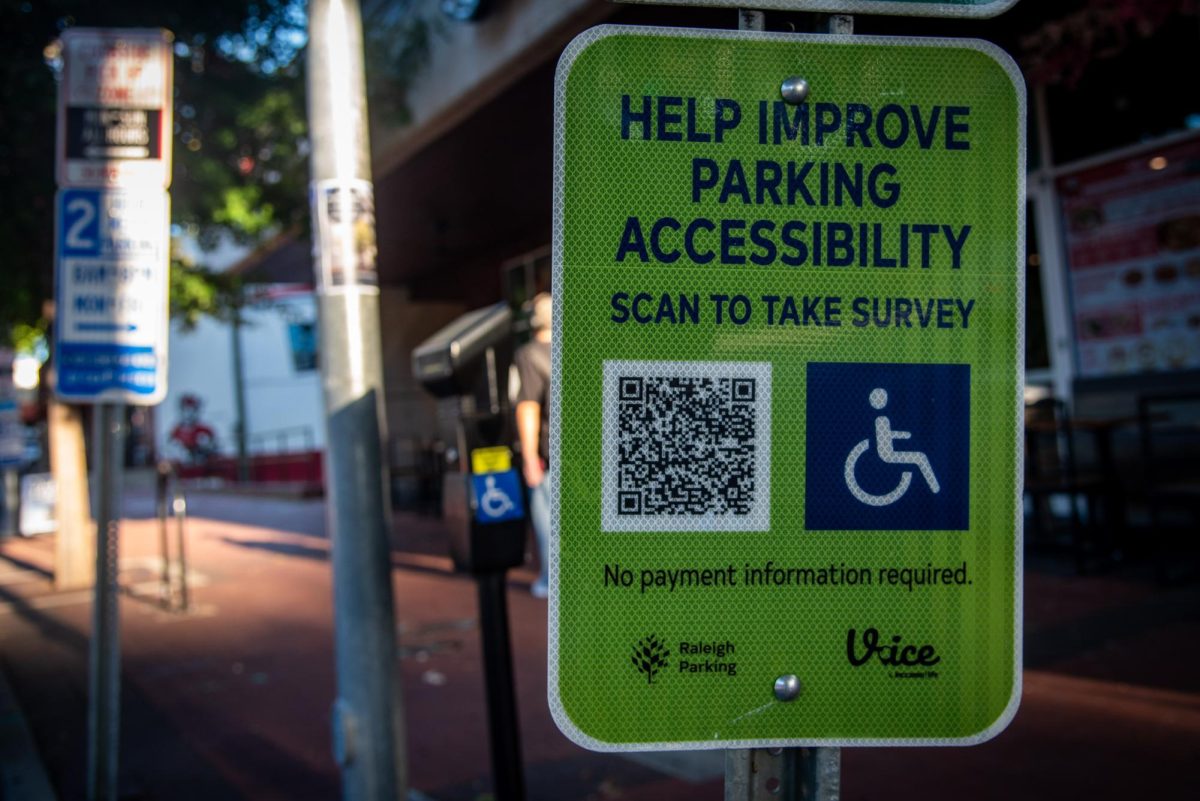Lots of students like to play video games. Some like to make them. The College of Design (COD) and the College of Computer Science (CSC) have teamed up to help students create video games.
Timothy Buie, assistant professor of industrial design, teaches a studio class on 3D gaming development. “I teach a two-part series on the design, creation and visual aspects of games,” he said.
The computer science half of the course is taught by Michael Young, associate professor of computer science.
“They work on the mechanics of games,” Buie said. “They deal with the coding, engineering, and artificial intelligence – what makes it fun.”
Students learn how to create three-dimensional characters and worlds as well as learn how to make a video game. The fifth annual Game Development Showcase will be held on April 30 to display the student-made video games created this year.
Greg Hayter, a sophomore in industrial design, is in a different 3D modeling class. “It’s pretty cool,” he said. “We learn how to make 3D models, but I haven’t learned how to render yet.”
An important aspect of industrial design is 3D modeling, even if you’re not specializing in video games. “It’s pretty much what I have to learn,” Hayter said.
A research team Buie and Young are part of recently received a National Science Foundation grant to develop virtual crime scene investigation technology. “It’s pretty exciting to me,” Buie said. “We’re pushing gaming into a new area.” The team is working with state and local police on the project.
The $1.4 million grant is aimed at promoting greater collaboration in the field of forensic science. They will work with 3D laser scanning technology to recreate crime scenes virtually. The development of a dyed fiber database is also a key part of their research. The discovery of fibers at a crime scene can be reflected in the virtual crime scene and help determine how the events played out.
Buie and Young are also co-directors of the N.C. State Digital Gaming Research Center (DGRC). “DGRC is a conglomeration of faculty on campus looking at all aspects of gaming,” Buie said. The group includes faculty from the Colleges of Education, Engineering, Design, and Humanities and Social Sciences. They research topics such as mobile gaming, human-computer interaction and learning through video games.
But school isn’t the only place in Raleigh to learn about and explore the world of gaming. The Triangle Game Conference is taking place today and Thursday at the Raleigh Marriott City Center and Raleigh Convention Center, and is the leading East Coast event of its kind. It will host a variety of speakers from the fields of game development, marketing and engineering. N.C. State will have its own booth at the event.
Chris Hazard, doctoral student in computer science, will be a key speaker at the event. Hazard recently created a groundbreaking new game, Achron, which is getting attention from the U.S. Army as a potential tool for strategy building. The game allows players to travel back in time from the present to any point in the past and change past decisions.
Achron is a futuristic real time strategy (RTS) game, much like StarCraft. The player commands his army, explores the map, and builds bases with the ultimate goal of defeating the opposing army. What makes Achron different is the ability to travel through time. The game is available for purchase online at www.achrongame.com.
Tiadra Simpson, a sophomore in architecture, said she enjoys video games and is interested in the idea of a game that integrates time travel. “I play video games sometimes when I’m bored and going back in time sounds interesting,” she said. “It sounds like it could be a lot of fun.”
The world of video games continues to grow and the University is pushing those boundaries. With developments like Achron and the University researchers’ new CSI technologies, the future of gaming appears decidedly bright.




